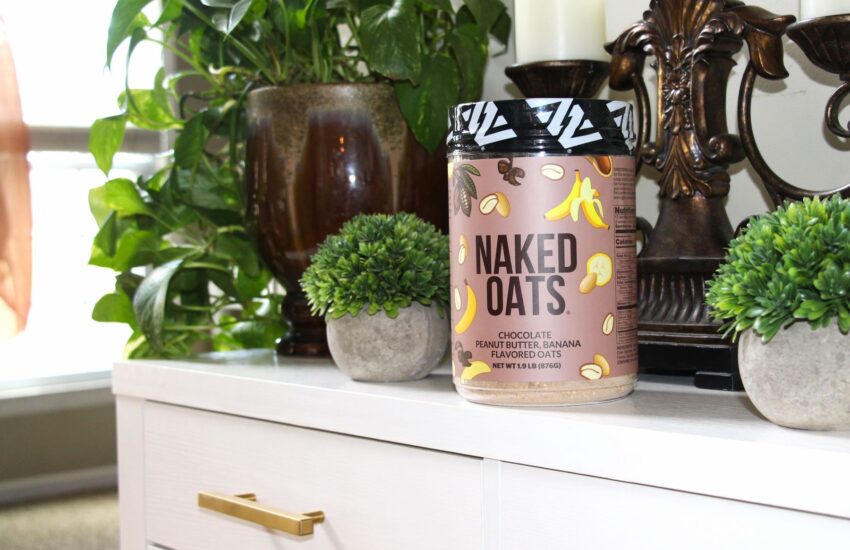Choosing the Best Treatment for Chronic Sinusitis
Getting a stuffy nose that lasts a short time is not a problem. However, things can get uncomfortable when it is hard to breathe through the nose for a long time, and feel pressure or pain in the face. Such symptoms are often a result of the chronic inflammation of your sinuses.
If both sides of your face are affected, it’s most likely that you have one of the different types of bilateral chronic sinusitis. When the mucous membranes swell, but there are no polyps (non-cancerous growths) or when mucous membranes swell with developed polyps. The treatment information deals with these common chronic sinusitis forms, but rarer forms can occur due to a weakened immune system or fungal infection.
Steroids
Nasal steroid sprays are used for reducing the swelling in your sinuses and easing the symptoms. Steroid spray treatments can cause polyps present to shrink, and this medication takes a couple of days for the full effects to be felt. To relieve chronic sinusitis symptoms completely, you need to take medicines for anywhere between months or even a year.
People using steroid nasal sprays for chronic sinusitis experience fewer side effects compared to those taking steroids as drip or in tablet form. Infusion or tablet steroids travel throughout the body, while topical medications like skin creams or nasal sprays affect only the applied area. While steroid tablets are also useful, they are commonly used in a few cases due to the side effects; in addition, they shouldn’t be used for more than three weeks.
Decongestant Nose Drops
Decongesting nasal sprays or drops work by soothing your mucous membrane while reducing the swelling. In the short term, this helps you breathe better through the nose, which is a big help when sleeping is an issue. Unfortunately, decongestant drugs may also have the opposite effect and fast affect your quality of life.
After a couple of hours, your membrane lining the nose starts swelling again. The more times you use the medication, the stronger the swelling becomes. Therefore, it’s not an ideal solution to use decongestant nose drops to treat chronic sinusitis effects for more than a couple of days.
Nasal Irrigation
According to sinus treatment Dallas doctors, using salt-water (saline) solutions helps reduce mucous membranes swelling and in loosening the mucus. Such saline solutions are readily available in the form of ready to use nasal sprays.
To handle the symptoms, use salt water to rinse your nose. Another option is heating the water and inhaling its steam, but some people swear it works better when you add peppermint or chamomile to the water. However, not enough scientific research conclusively indicates that steam inhalation or saline solutions work for chronic sinusitis.
Surgery
When the symptoms are severe and show no signs of improvement even after taking medication, some patients opt for surgery. According to recipients of rhinoplasty procedure in Dallas, a combination of the operation with an endoscopic sinus procedure works. The process involves expanding the narrow sinuses passages.
Any inflamed parts and polyps are removed from the mucous membrane. Known as Functional Endoscopic Sinus Surgery (FESS), the procedure improves airflow through your nose and smell senses, making it easier for the mucus to flow out. During the surgery, narrowed sinus passageways are expanded by inserting small instruments through a tube.
Conclusion
Chronic sinusitis has the potential of affecting your quality of life negatively due to the unpleasant symptoms. However, a couple of treatments have been found and proven to be effective in alleviating these negative symptoms. Some of these include nasal steroid sprays, decongesting nasal sprays or drops, nasal irrigation and inhalation, painkillers, and surgery.


